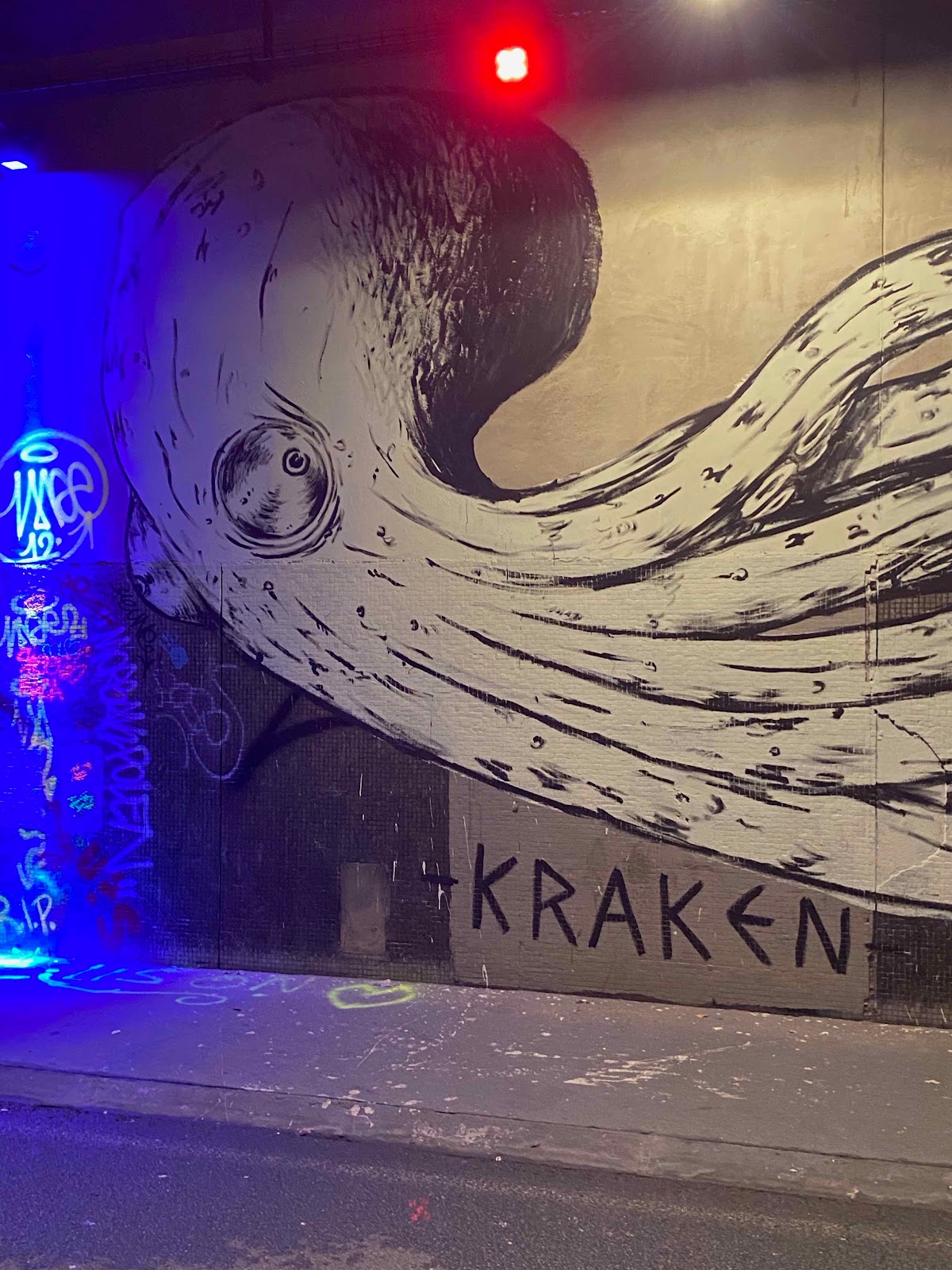Hannah Arendt
In 1942 Hannah Arendt, philosopher, historian and refugee of Nazi Germany wrote the following essay. As I read it, I felt myself sitting up straighter to pay better attention to what Arendt was saying about the Jewish people in the midst of World War II and why we need democracy and now always.
I love Hannah Arendt's writing and thought. This essay is among the best 900 words in all the millions of words she wrote.
Jewish Politics
If the horrible catastrophe of European Jewry and the difficult, sad struggle to form a Jewish army and to gain recognition of the Jews as an ally of the United Nations result in our finally realizing that despite our millionaires and philanthropists we Jews are among the oppressed peoples of this earth, and that our Rothschilds have a better chance of becoming beggars or peddlers than our beggars and peddlers of becoming Rothschilds-if in other words this war politicizes us and pounds it into our heads that the struggle for freedom is tantamount to the struggle for existence, then and only then will our grandchildren be able to remember and mourn the dead and to live without shame.
Those peoples who do not make history, but simply suffer it, tend to see themselves as the victims of meaningless, overpowering, inhuman events, tend to lay their hands in their laps and wait for miracles that never happen. If in the course of this war we do not awaken from this apathy, there will be no place for us in tomorrow's world-perhaps our enemies will not have succeeded in annihilating us totally, but those of us who are left will be little more than living corpses.
The only political ideals an oppressed people can have are freedom and justice. Democracy can be their only form of organization. One of the most serious impediments to Jewish-and not just Jewish-politics is the fact that in our current intellectual world those ideals and that form of organization have been corrupted and dragged through the mud by an uprooted bohemianism. For almost fifty years now one generation after the next has declared their disdain for "abstract" ideas and their admiration for bestiality. Freedom and justice are considered concepts for feeble old men. The French Revolution's egalite, liberte, and fraternite are taken as signs of impotence, of an anemic will to power, and at best a pretext for better deals to be made. The so-called young generation--which ranges in age from twenty to seventy--demands cunning of their politicians but not character, opportunism but not principles, propaganda but not policies. It is a generation that has fallen into the habit of constructing its weltanschauung out of a vague trust in great men, out of blood and soil and horoscopes. The politics that grows out of this mentality is called realpolitik. Its central figures are the businessman who winds up being a politician convinced that politics is just a huge, oversized business deal with huge, oversized wins and losses, and the gangster who declares, "When I hear the word culture I reach for my revolver." Once "abstract" ideas had been replaced by "concrete" stock market speculation, it was easy for abstract justice to give way before concrete revolvers. What looked like a rebellion against all moral values has led to a kind of collective idiocy: anyone who can see farther than the tip of his own nose is said to live in a fantasy world. What looked like a rebellion against intellect has led to organized turpitude-might makes right.
Disdain for democracy and the worship of dictatorial forms of organization are especially fatal for small, oppressed peoples, who depend on the firm commitment of each individual. They least of all can forgo a democratic frame of mind, by which, as Clemenceau put it during the Dreyfus affair, the affairs of each individual are the affairs of all. In a dictatorship the individual has no political meaning-no matter how many of them wear uniforms because the individual no longer has any sense of responsibility for anything beyond staying alive himself. Once the order from "higher up" is given, any number of SA men marching in ranks can be shot on the spot without bringing the parade to a halt. Each man is ready and willing to step over the corpse of his neighbor and march on. And once the businessman's opportunism has suffocated peoples and nations by atomizing them in a politics of cliques and clans, despotism takes this atomization to its logical conclusion, until finally sons denounce their own fathers, neighbors and friends denounce one another, for the sake of their careers or personal security.
Almost across the board, Jewish politics, to the extent that it exists at all, is run by people who have likewise grown up-without ever growing powerful!-worshipping power and opportunistic success. Their abhorrence for principles, their fear of betting on the wrong horse, their admiration of those who hold power on this earth, and their reluctance to mobilize the energies of their own people have cost us the deployment of a Jewish army. In the midst of the monstrous turmoil the world now finds itself in, those who are unwilling to take any risks are certain to lose everything. The time for compromises is past. Those who think they can live on their knees will learn that it is better to live and die standing up. We do not need any opportunistic practitioners of realpolitik, but we certainly do not need any "Fuhrers" either. The trouble is, first, that a great many organizations and bureaucracies are working to prevent radical democrats from speaking to our people; and second, that our people-those who are not yet behind barbed wire-are so demoralized by having been ruled by philanthropists for 150 years that they find it very difficult to begin to relearn the language of freedom and justice.























































